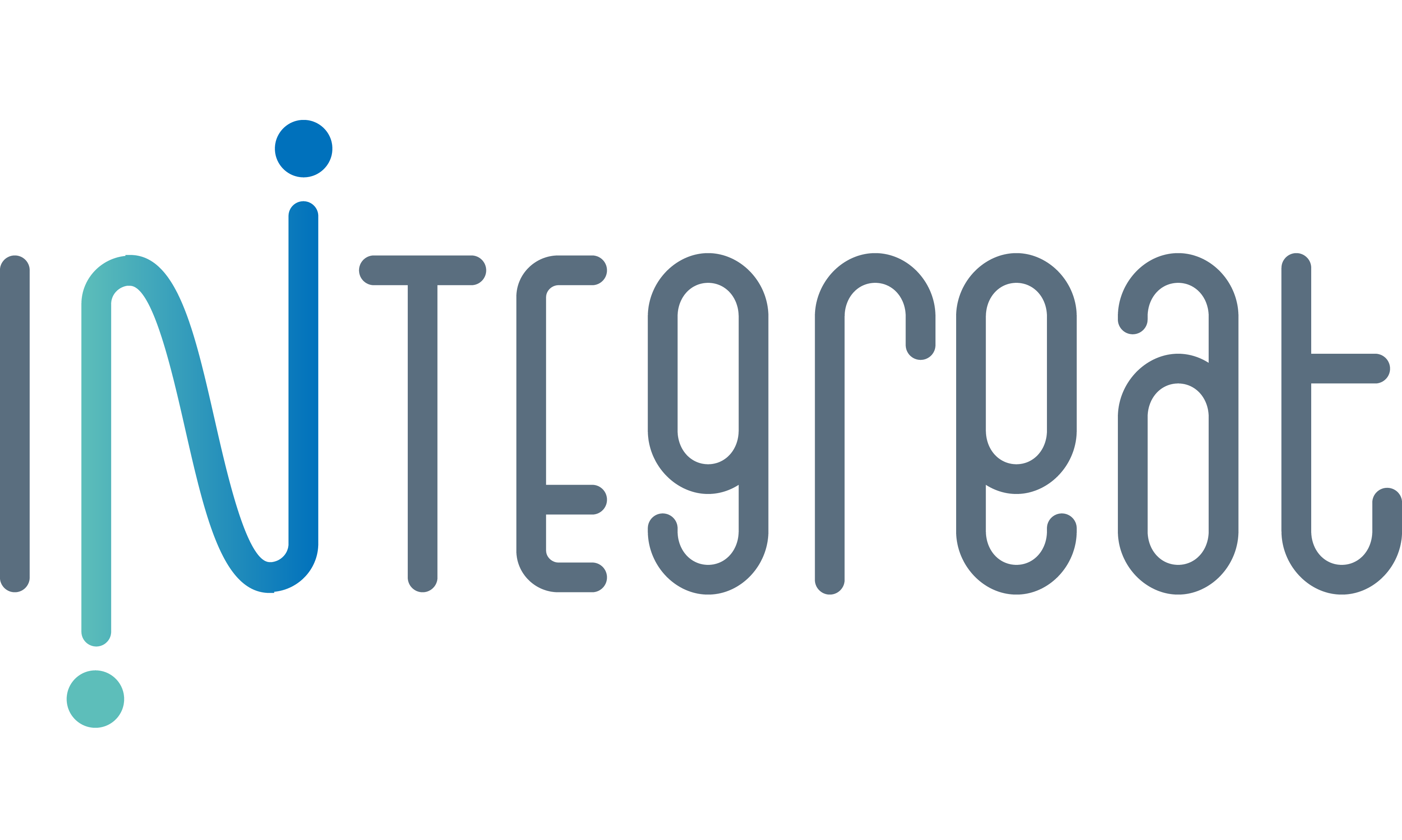From January 2023 to April 2024, Doras worked in close partnership with Limerick City and County Council (LCCC) and other local stakeholders to design and deliver a range of integration initiatives that aimed to promote employability, positive health and wellbeing, social cohesion and to build the capacity of migrants and public services in Limerick. This process was overwhelmingly positive, though not without its challenges.
The INTEgreat pilot project in Limerick was significantly enhanced through close collaboration and communication with relevant local stakeholders who contributed their time, expertise and energy to the project to ensure its success. The participatory co-design of the INTEgreat project also ensured that participants of the project and people with a lived experience of migration to Limerick were central to the planning and implementation of the pilot project activities, which significantly helped to ensure broad and effective participation.
The key lessons learned throughout the process of the pilot project in Limerick are:
Prioritise migrant participation in project planning and development
- The benefits of using the participatory co-design approach, whereby people with a lived experience of migration and potential participants are actively involved in designing and developing integration initiatives, were clearly evident in the pilot project in Limerick. This approach recognises that migrants are experts in their own experience and that their input in project planning and development is therefore vital. It helped to ensure that the activities implemented met the specific needs of the target group, taking into consideration personal, social and cultural circumstances. It also led to increased and prolonged participation in the activities implemented and greatly enhanced the relationships between participants and project staff. The main challenge experienced with using this approach was that it requires significant time and resources to ensure meaningful participation.
Work in partnership with local stakeholders to maximise impact
- Identifying and building working relationships with groups and organisations that have similar aims to promote integration can help to increase the reach and impact of project activities. The creation of stakeholder partnerships to support individual activities and those established at a broader local level, such as the Limerick Integration Working Group (IWG), ensured that a wider target group was reached through additional networks. The skills and expertise of stakeholders added benefit to the success of activities in the planning and delivery stages. Working relationships were strengthened throughout the pilot project in Limerick, which has led to further collaboration, mutual referrals and improved communication.
Build capacity of frontline services and local community
- The Limerick pilot project delivered a range of initiatives that aimed to build the capacity of people working in relevant frontline services and living in the local community. A number of workshops, events and training initiatives were designed and delivered with the aim of increasing cultural competency, awareness of migration issues and to combat prejudice and racism in our communities. These initiatives recognised the two-way nature of integration and the need for improved capacity among all stakeholders, including migrants, the local community and service providers. There was significant interest to participate and a genuine appreciation for the opportunity to learn and develop skills in cultural competency and anti-racism.
Use a Trauma-Informed Approach for the creation of safe spaces
- A trauma-informed approach requires taking time to understand and consider the life experiences of the target group when planning and delivering integration initiatives. Doras used a trauma-informed approach in the design and delivery of a number of activities, particularly those that targeted people seeking asylum and other vulnerable migrants. Using this approach helped us to consider how we could improve our training space for the employment hub workshops to make it more safe and welcoming for people who have experienced trauma. This approach prompted us to consider the importance of building trust with participants, being transparent in our communication, and ensuring adequate privacy and confidentiality. By using this approach and taking the time to consider how we could improve our space to make it safer and more inclusive, we experienced improved engagement, participation and outcomes in our activities.
The INTEgreat pilot project in Limerick was a great learning experience for Doras. In particular, the value of establishing stakeholder partnerships and using a participatory co-design approach, which are key pillars of the INTEgreat project, was a useful and enlightening experience that led to increased outcomes and improved support services that promote migrant integration in Limerick.



